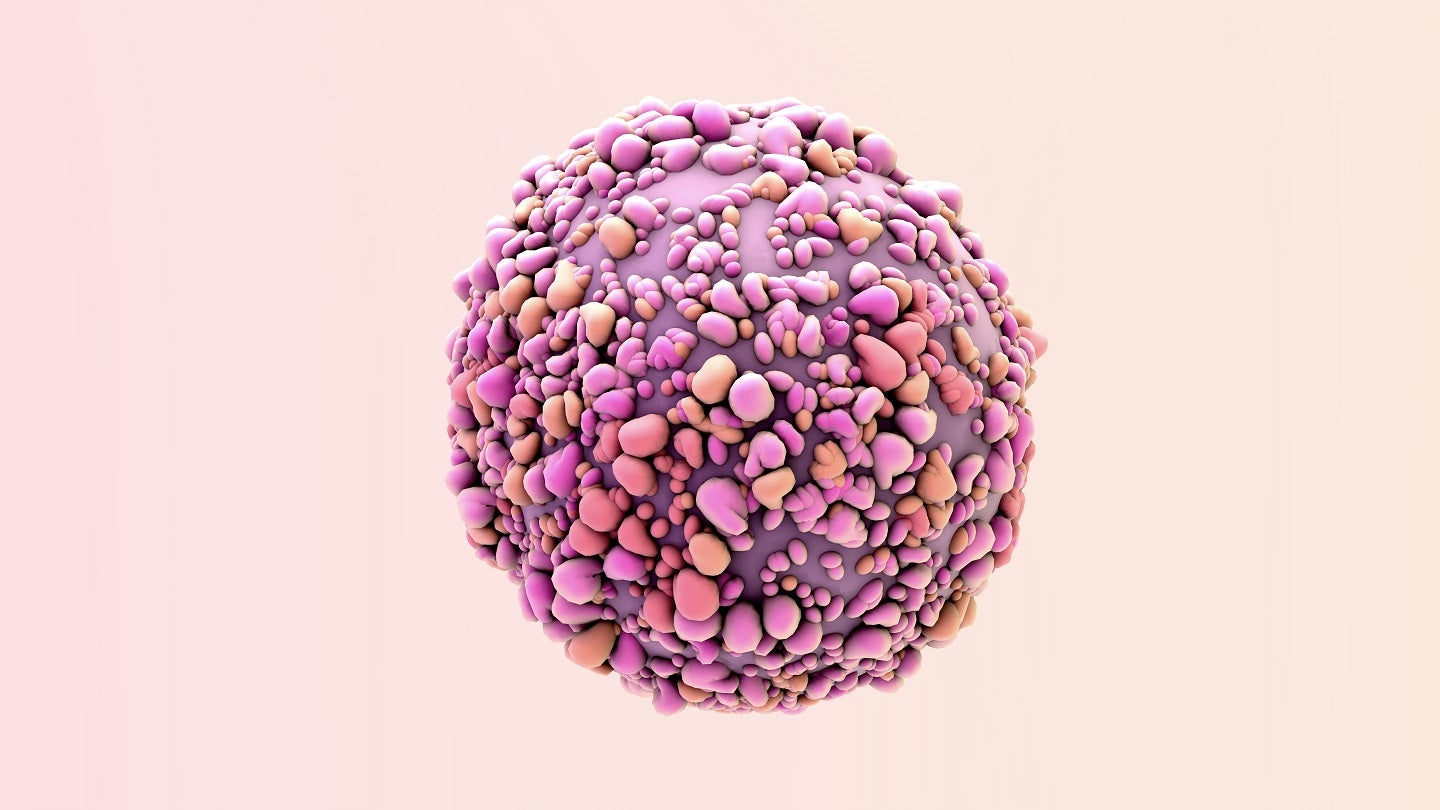
Gilead Sciences has received a positive opinion from the European Medicines Agency’s (EMA) Committee for Medicinal Products for Human Use (CHMP) for its Trodelvy (sacituzumab govitecan) to treat breast cancer.
Trodelvy will be used as a monotherapy to treat unresectable or metastatic hormone receptor (HR)-positive, HER2-negative (not containing high levels of the protein HER-2) breast cancer in patients who have previously received endocrine-based therapy and a minimum of two additional systemic therapies in the advanced setting.

Discover B2B Marketing That Performs
Combine business intelligence and editorial excellence to reach engaged professionals across 36 leading media platforms.
The European Commission’s final decision on the additional indication is expected later this year.
Trodelvy is a first-in-class Trop-2 directed antibody-drug conjugate designed with a proprietary hydrolyzable linker that is attached to SN-38, a topoisomerase I inhibitor payload.
Gilead oncology therapeutic area head and senior vice-president Bill Grossman stated: “When patients with HR+/HER2- metastatic breast cancer develop resistance to endocrine-based therapies, treatment options are limited.
“Trodelvy has the potential to change this outlook, and we aim to build on the demonstrated benefits in second-line metastatic triple-negative breast cancer.

US Tariffs are shifting - will you react or anticipate?
Don’t let policy changes catch you off guard. Stay proactive with real-time data and expert analysis.
By GlobalData“This positive recommendation from the CHMP marks another important step toward making a difference for patients with pre-treated HR+/HER2- metastatic breast cancer in Europe.”
The CHMP’s opinion was supported by the findings obtained from the Phase III TROPiCS-02 trial.
The open-label, multicentre, international Phase III trial was designed to assess Trodelvy against physicians’ choice of chemotherapy (eribulin, capecitabine, gemcitabine or vinorelbine) in 543 HR+/HER2- metastatic breast cancer patients who have previously received endocrine therapy, CDK4/6 inhibitor and two to four lines of chemotherapy for metastatic disease.
Trodelvy showed a statistically significant and clinically meaningful overall survival (OS) benefit of 3.2 months compared with single-agent chemotherapy.




